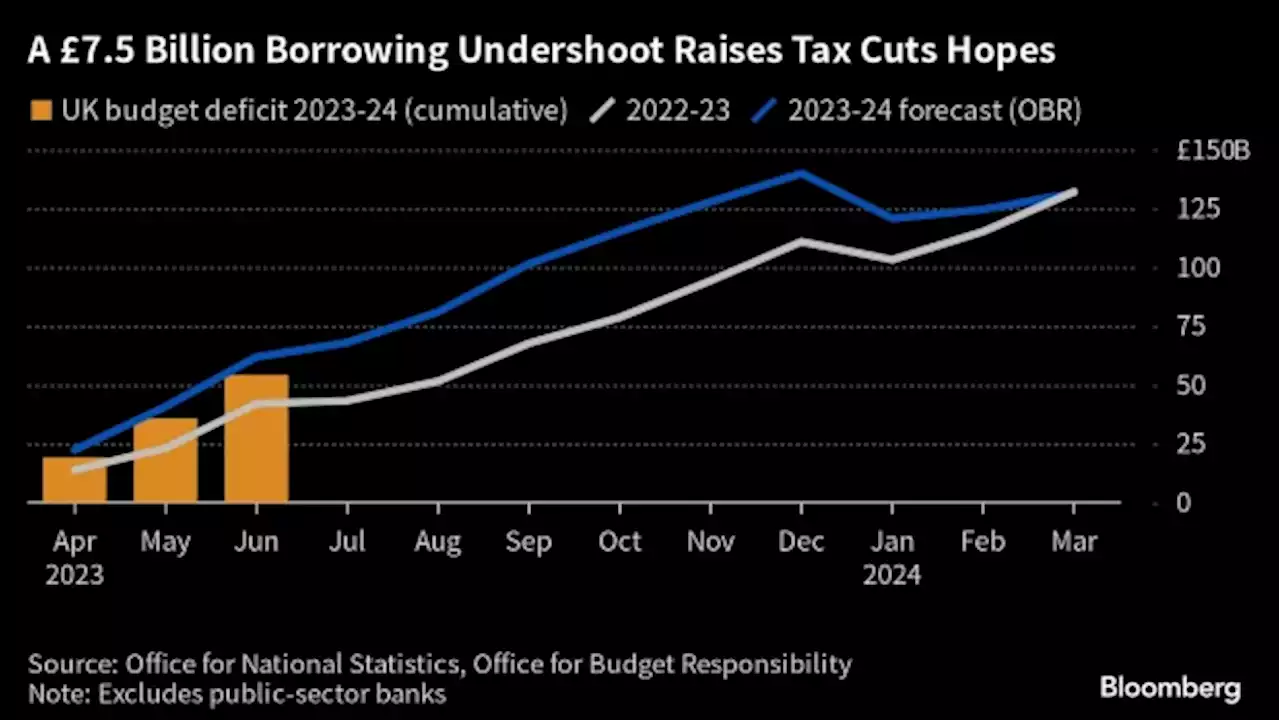Less than a year after a debt crisis shook South Korea, concern is growing that souring lending at credit unions risks bringing back distress.
A branch of one of Korea’s biggest such lenders, MG Community Credit Cooperatives, was shut last month when it reported a 60 billion won loss on real estate-related loans. That triggered deposit outflows at the group of lenders on concerns over rising default rates.
Policymakers in Korea acted to prevent the credit union troubles from spreading, with the central bank and Yoon Suk Yeol’s government making more than $100 billion worth of funds available to the credit and property markets. That helped stabilize investor sentiment, but the recent widening in some lenders’ credit yields is a sign of lingering concern.
The firms had made 56.4 trillion won of real estate-related loans and 15.8 trillion won of project-finance debt as of January, out of a total 201 trillion won it has lent, according to government and Bank of Korea data. Investors are watching whether the project-finance loans are repaid because funding difficulties due to rising rates and a weak real estate market sparked a 2022 crisis when the developer of a Legoland theme park missed a payment on securities linked to such debt.
The structure of the credit cooperatives may be adding to their problems: each branch stands as a separate legal entity, preventing troubles at one branch from bringing down the whole system, but that wouldn’t stop customers from pulling their deposits if they become worried about what’s happening at other branches.
The mission of rebuilding war-torn regional economies through hard work and self-reliance soon got the attention of the military junta led by Park Chung-hee, whose policy goals included winning the race with North Korea to revive their economies. Korea’s support for the firms reflect concern that another credit crisis may cause pain for households, who are some of the world’s most heavily indebted. They also hold a big portion of their assets in non-financial products such as real estate, making up 64.4% of the total as of 2021, more than the US’s 28.5% and 37% in Japan as of 2020, according to Korea Financial Investment Association data.
Canada Latest News, Canada Headlines
Similar News:You can also read news stories similar to this one that we have collected from other news sources.
 China’s PBOC, Regulators Urge Boosting Loans, Cutting Debt RiskChina’s central bank and the country’s financial and securities regulators urged a boosting of loans to support the economy and the cutting of local government bond risks.
China’s PBOC, Regulators Urge Boosting Loans, Cutting Debt RiskChina’s central bank and the country’s financial and securities regulators urged a boosting of loans to support the economy and the cutting of local government bond risks.
Read more »
 China Local Governments to Sell $206 Billion of Financing DebtChina plans to allow local governments to sell 1.5 trillion yuan ($205.9 billion) of special financing bonds to help 12 regions repay debt, Caixin reported.
China Local Governments to Sell $206 Billion of Financing DebtChina plans to allow local governments to sell 1.5 trillion yuan ($205.9 billion) of special financing bonds to help 12 regions repay debt, Caixin reported.
Read more »
 China vows to coordinate support to resolve local government debt risksBEIJING (Reuters) - China will coordinate financial support to resolve local government debt problems, the central bank said in a statement on Sunday, ...
China vows to coordinate support to resolve local government debt risksBEIJING (Reuters) - China will coordinate financial support to resolve local government debt problems, the central bank said in a statement on Sunday, ...
Read more »
 Germany’s Lindner Says Debt Will Be Cut, Rejects Taxation RumorsFinance Minister Christian Lindner has rejected talk that Germany plans to resort to tax measures last used after World War II to consolidate the budget.
Germany’s Lindner Says Debt Will Be Cut, Rejects Taxation RumorsFinance Minister Christian Lindner has rejected talk that Germany plans to resort to tax measures last used after World War II to consolidate the budget.
Read more »
 Slow-Growing UK Faces Reckoning Over £2.6 Trillion Debt Pile(Bloomberg) -- From the financial crisis to Russia’s invasion of Ukraine, Britain has borrowed and spent its way out of every jam. The bill for that is becoming a worry all its own.
Slow-Growing UK Faces Reckoning Over £2.6 Trillion Debt Pile(Bloomberg) -- From the financial crisis to Russia’s invasion of Ukraine, Britain has borrowed and spent its way out of every jam. The bill for that is becoming a worry all its own.
Read more »
North Korea slams UN human rights meeting as a US 'scheme'SEOUL (Reuters) - North Korea slammed a recent United Nations meeting about its human rights record, asserting the United States used the international ...
Read more »
